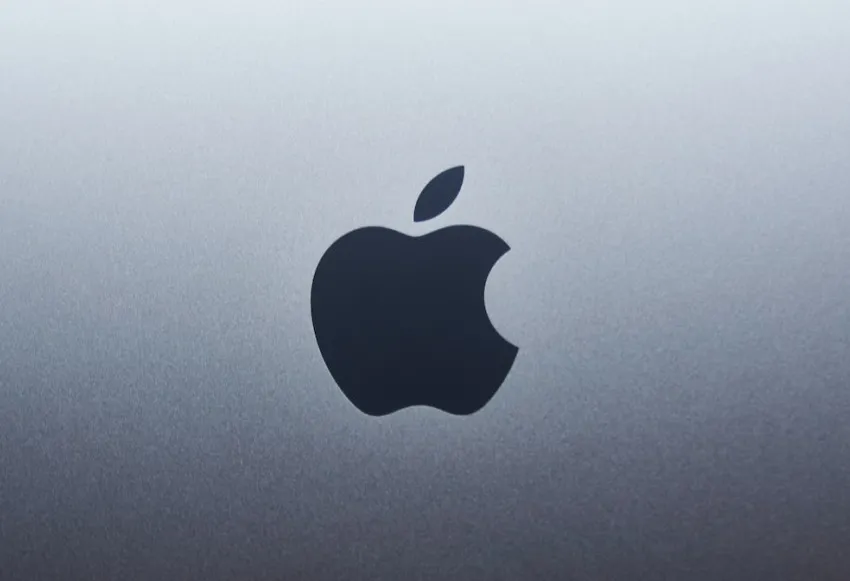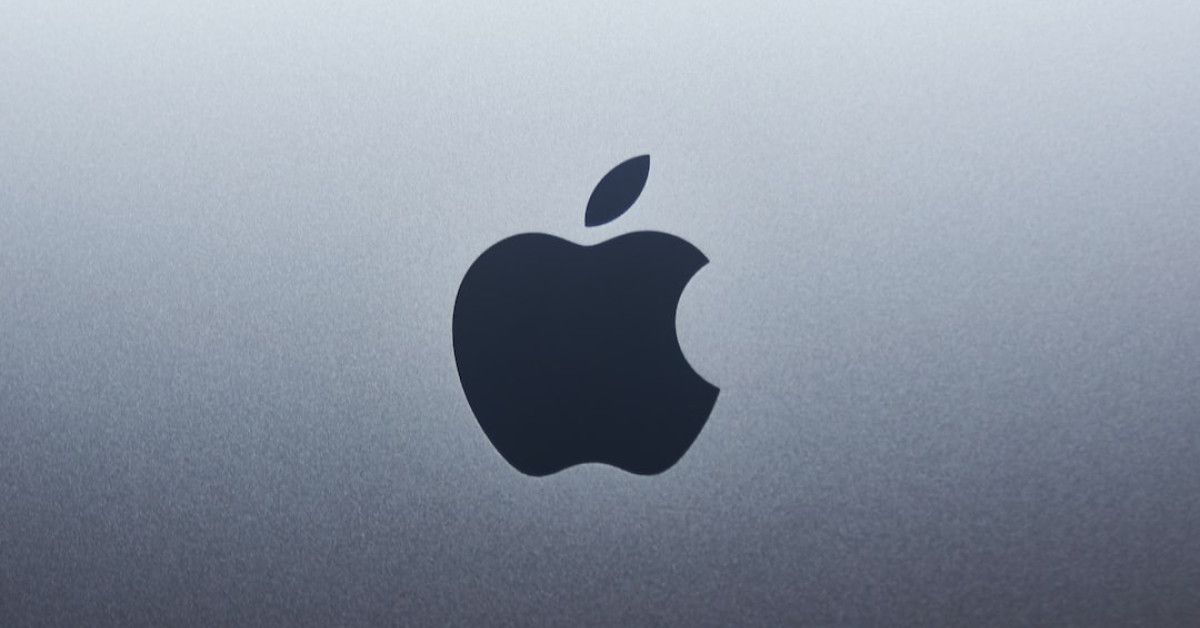Apple cider vinegar has been gaining popularity in recent years as a natural beauty ingredient, and one of its most effective uses is for hair care. With its numerous benefits, apple cider vinegar hair rinse has become a staple in many people's hair care routines. In this ultimate guide, we will explore the power of apple cider vinegar and how you can incorporate it into your hair care regimen for beautifully healthy hair.
What is Apple Cider Vinegar?
Apple cider vinegar, or ACV, is made from fermented apple juice. It contains acetic acid and various vitamins and minerals, including vitamin C, vitamin E, vitamin A, and potassium. ACV is known for its antimicrobial and pH-balancing properties, making it an excellent ingredient for hair care.
Benefits of Apple Cider Vinegar for Hair
Apple cider vinegar offers numerous benefits for hair health, making it a popular choice among those seeking natural alternatives to conventional hair care products. Here are some of the key benefits of using apple cider vinegar as a hair rinse:
-
Cleanses and clarifies the scalp: The acetic acid in ACV helps remove product buildup and excess oil from the scalp, leaving it clean and rejuvenated.
-
Restores the pH balance of the hair: ACV is naturally acidic, which helps balance the hair's pH level. This can improve hair health by reducing frizz, increasing shine, and preventing breakage.
-
Promotes hair growth: Apple cider vinegar stimulates blood circulation to the hair follicles, promoting hair growth and preventing hair loss.
-
Strengthens hair: The vitamins and minerals in ACV nourish and strengthen the hair, making it less prone to breakage and split ends.
-
Adds shine and smoothness: ACV helps seal the hair cuticles, resulting in shinier, smoother, and more manageable hair.
-
Reduces dandruff: The antimicrobial properties of ACV help combat dandruff by killing the fungus that causes it. Regular use of ACV rinse can help reduce flakes and itchiness.
How to Make Apple Cider Vinegar Hair Rinse
Making your own apple cider vinegar hair rinse is simple and cost-effective. Here's a step-by-step guide to creating your DIY hair rinse:
-
Gather the ingredients: You will need raw, unfiltered apple cider vinegar and water. It is essential to use organic and unfiltered ACV to ensure it contains the beneficial mother enzyme.
-
Dilute the apple cider vinegar: Mix one part apple cider vinegar with two parts water. This dilution is necessary to prevent the vinegar from being too harsh on the scalp and hair.
-
Optional: Add herbs or essential oils: To enhance the benefits of your hair rinse, you can infuse it with herbs or add a few drops of essential oils. Some popular choices include rosemary, lavender, chamomile, and peppermint.
-
Shampoo your hair: Before using the apple cider vinegar rinse, shampoo your hair as usual. This will remove any excess dirt and oils.
-
Apply the apple cider vinegar rinse: Slowly pour the ACV mixture over your hair, focusing on the scalp and roots. Gently massage it into your scalp for a few minutes to ensure proper distribution.
-
Leave it on: Let the apple cider vinegar rinse sit on your hair for a few minutes before rinsing it off with lukewarm water. You can follow up with a conditioner if desired.
-
Frequency: It is recommended to use apple cider vinegar hair rinse once or twice a week, depending on your hair's needs. If you have sensitive or dry hair, you may want to start with once a week and gradually increase the frequency.
Tips for Using Apple Cider Vinegar Hair Rinse
To get the most out of your apple cider vinegar hair rinse, here are some additional tips and suggestions:
-
Start with a small amount: If you are new to using ACV on your hair, start with a small amount to see how your hair reacts. Some people may need to adjust the dilution ratio or frequency of use to find what works best for their hair type.
-
Avoid contact with eyes: ACV is acidic and can cause discomfort if it comes into contact with your eyes. Be careful when applying the rinse to avoid splashing it into your eyes.
-
Rinse thoroughly: After using the apple cider vinegar rinse, make sure to rinse your hair thoroughly to remove any lingering vinegar smell. Once dry, the vinegar scent will dissipate.
-
Experiment with additional ingredients: While apple cider vinegar on its own is highly beneficial for the hair, you can experiment with adding other ingredients to your rinse for added benefits. For example, aloe vera gel can soothe the scalp, and honey can provide moisture and shine to the hair.
-
Store in a cool, dark place: To preserve the potency of your homemade apple cider vinegar hair rinse, store it in a cool, dark place away from direct sunlight. This will prevent it from spoiling and maintain its effectiveness.
Comparison Chart: Apple Cider Vinegar vs. Conventional Hair Products
| Apple Cider Vinegar Hair Rinse | Conventional Hair Products | |
|---|---|---|
| Cleansing | Removes product buildup and excess oil | May contain harsh chemicals that can strip the hair |
| pH Balancing | Restores the hair's natural pH balance | Can disrupt the hair's pH balance and lead to dryness |
| Scalp Health | Helps combat dandruff and improve scalp health | Some products may contain ingredients that irritate the scalp |
| Hair Strength | Nourishes and strengthens the hair | The effects of conventional products may be temporary |
| Environmental | Environmentally friendly and biodegradable | Conventional products may contain harmful ingredients that are not eco-friendly |
| Cost | Cost-effective and can be made at home | Conventional products can be more expensive in the long run |
Conclusion
Apple cider vinegar hair rinse is an excellent addition to your hair care routine, offering a host of benefits for beautifully healthy hair. From cleansing the scalp to restoring pH balance and promoting hair growth, apple cider vinegar is a versatile natural remedy that can improve the overall health and appearance of your hair. By following the steps outlined in this guide and experimenting with the dilution ratio and ingredients, you can unleash the power of apple cider vinegar for your hair and experience the wonders of herbal infusions. So, give it a try and unlock the potential of apple cider vinegar for beautiful, luscious locks.

